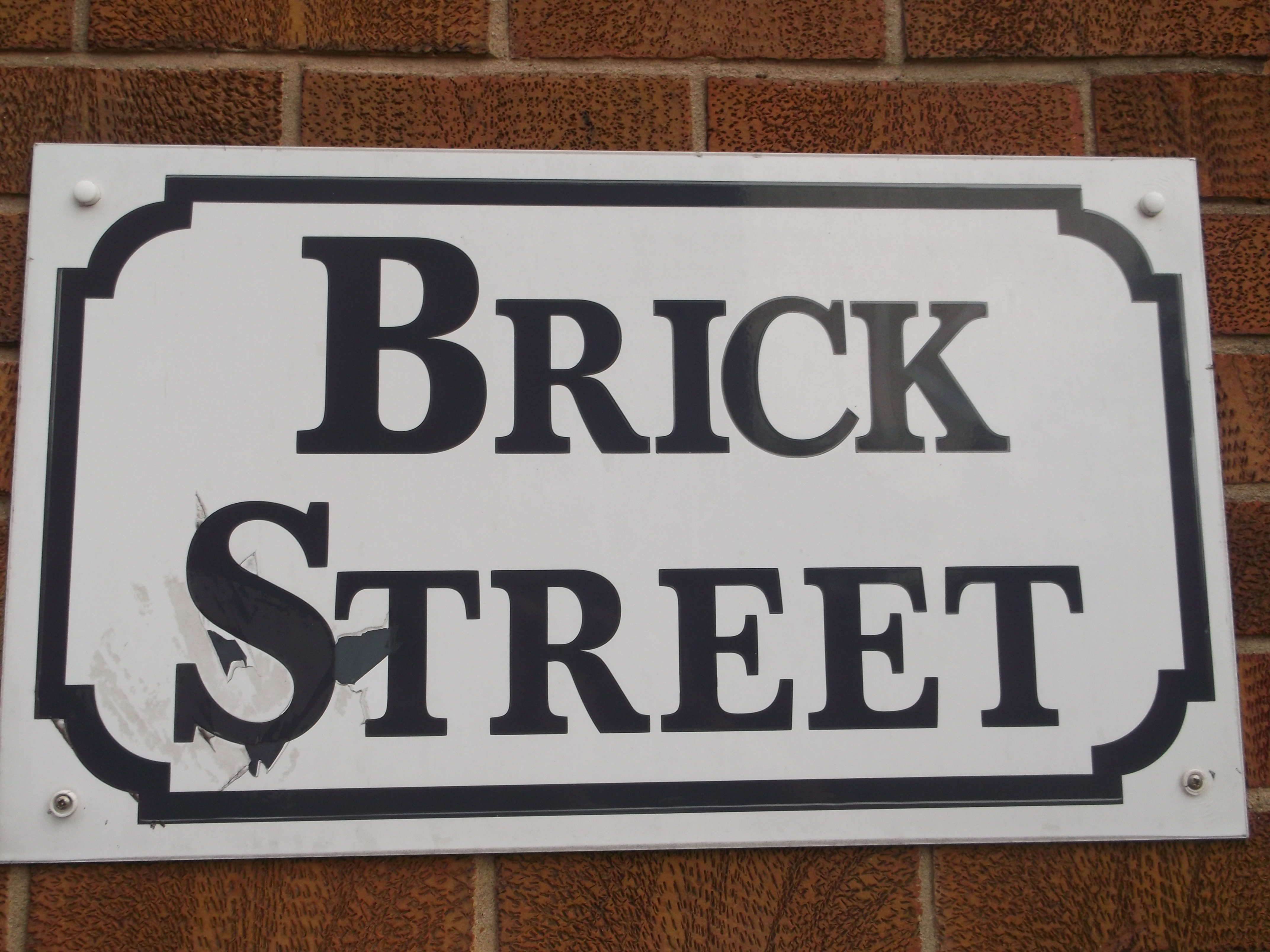Read any pension investment prospectus and you’ll most likely be presented with a whole raft of complex arguments as to why you should put your money into a pension scheme. But at the end of the day the requirements of most investors are very simple – pension scheme or no pension scheme they’re looking for a place where their money will grow and be safe for the future.
So, for common sense investors looking for good returns and a safe haven for their money, let’s take in a few simple comparisons between property and a pension scheme:
1.What are you putting your money into?
Pensions: Paper instruments
Property: Bricks and mortar, and land
2.Can you borrow to invest in it and hence benefit from leverage?
Pensions: No
Property: Yes
3.Is it a tangible investment? Can you see it, touch it, occupy it?
Pensions: No
Property: Yes
4.Is it an asset?
Pensions: No
Property: Yes
5.How transparent is the investment process – can you see what is being done with your money?
Pensions: Not very
Property: Very
6.How long do you need to hold it before a return is likely?
Pensions: Minimum 20 years
Property: Minimum 10 years
7.Who pays the ongoing running/management costs?
Pensions: You do
Property: Your tenant does
8. Can you cash in your investment if things change and you want your money back?
Pensions: Difficult/impossible, at least until age 55
Property: Very easy, at any time
9.Does it have a track record of good performance over the decades?
Pensions: Hmm not really
Property: Very
10.How likely is it the Government will meddle, and change the rules to your disadvantage?
Pensions: Possibly
Property: Possibly …. but see Question 8
11.Being pessimistic now. If the worst comes to the worst and the economy collapses what will you have to show for your money?
Pensions: Zilch
Property: Real land and property you can still sell, rent or use.



Interesting, although remarkably one-sided!
While all the points above contain some elements of truth, many are over-simplified, and any points that may see pensions in a more favourable light have of course been omitted.
(For the record: I have both types of investment and have done for ~5 years).
Over-simplified points:
1.What are you putting your money into?
—”Paper instruments” is over-simplified. For example if you own Taylor Wimpey shares, you are investing in a real company that is building houses. With a SIPP you can choose your own investments and these can include commercial property.
4.Is it an asset?
—Of course the investments within a pension are assets. I chose investments I expect to appreciate, and I can sell them (within the pension wrapper) when I feel they’ve reached their value potential. On retirement I can turn them into an income, sell them for cash or pass them on to spouse or dependents. What is your definition of an “asset” that makes you answer this with an unqualified “no”? Some definitions to provoke readers’ thoughts: http://en.wikipedia.org/wiki/Asset
6. How long do you need to hold it before a return is likely?
—It’s good that you are encouraging at least a >10 year outlook for both, but where do you get these arbitrary sounding figures from?
7.Who pays the ongoing running/management costs?
—Omitted that during void periods, landlords pay all costs on the property.
8. Can you cash in your investment if things change and you want your money back?
—Your answer on pensions is accurate, your answer on property is vague and optimistic. Property is well known as an asset with poor liquidity. First, in a quiet market you can be waiting months for a buyer. Second, in the majority of cases it costs you fees to sell. Third, with a discount or fixed rate mortgage there may be early repayment charges to the lender. Finally, obviously like any risk-based investment you might not get all of your money back – you should really point this out to be fair and balanced.
Omitted points:
12. How much do you have to earn (gross) for every £1 you invest?
Pensions: £0.80 if you’re a basic rate taxpayer. £0.60 if higher rate, £0.55 if additional rate.
Property: £1.25 if you’re paying basic rate income tax, £1.67 if higher rate, £1.82 if additional rate.
13. Can it ever cost you money beyond what you invested?
Pensions: no
Property: yes, and finding cash at short notice for repairs or renovations may be necessary to maintain either your income from tenants or the capital value of your investment.
—-
I appreciate you’ve gone for a glib assault on pensions and as such the piece is an enjoyable read. For the reader looking for some substance, this comment is aimed at balancing things out a little 🙂